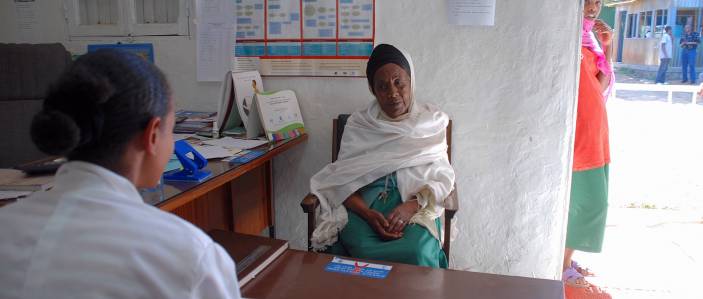
HIV’s disconnect with people in older age in terms of programmes, priorities and strategies has increasingly been discussed over recent years. Yet, conversations on sexually-transmitted diseases overall remain more neglected.
Despite the vast number and complexity of sexually-transmitted diseases, older age is often considered a stage in the life course when they don’t matter.
Syphilis, chlamydia and gonococcal infections have been found to be very common in people over the age of 50, affecting people into their 60s, 70s and beyond.
What contributes to the prevalence of sexually-transmitted diseases in older age?
With life expectancy increasing, people are entering their 50s and 60s in much better health and enjoying a longer, more active sexual life. Meanwhile, the risk of infection transmission continues in older age.
Simultaneously, older people’s awareness of the wide range of sexually-transmitted diseases remains low. There is a link between increasing prevalence and older people’s neglect in sexual health education in development programming.
Exacerbating the issue is that many infections, such as syphilis, have a long latency period and may manifest in later stages of life. Further still, sexually-transmitted diseases can have multiple relapses after a successful cure, reappearing as people age.
As a result, large numbers of older people have to live with the pain and misery of these these infections in many communities around the world, particularly in low and middle-income settings.
The impact on older people
In older age, other medical conditions resulting from and co-occuring with sexually-transmitted diseases are common, connected to the particular physiological characteristics and lower immunity related to ageing. This can compound the impact of such infections.
At the same time, older women have to go through more complex challenges of facing stigma from their families and communities.
What can be done?
Education is key to tackling sexually-transmitted diseases in older age. It is the missing link in prevention and control programmes.
Yet primary health care services also need to be receptive to the challenge of infection among older people and ensure they are age-friendly in their response.
Find out more about our health programmes.
